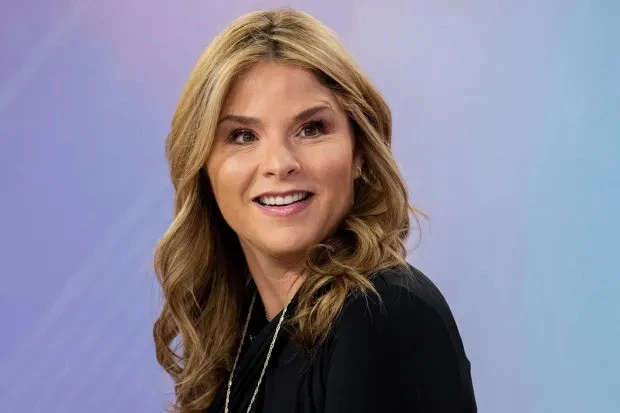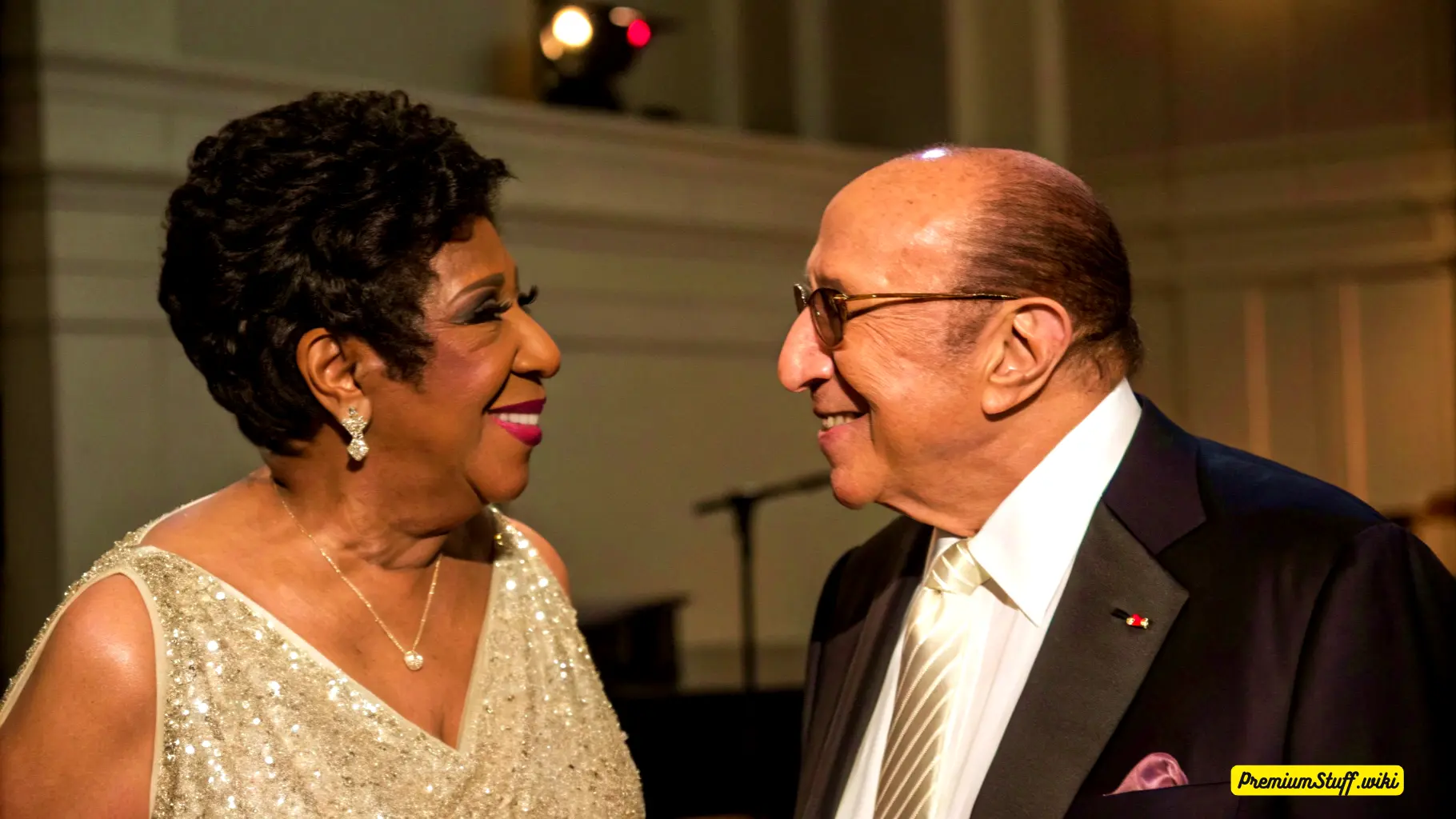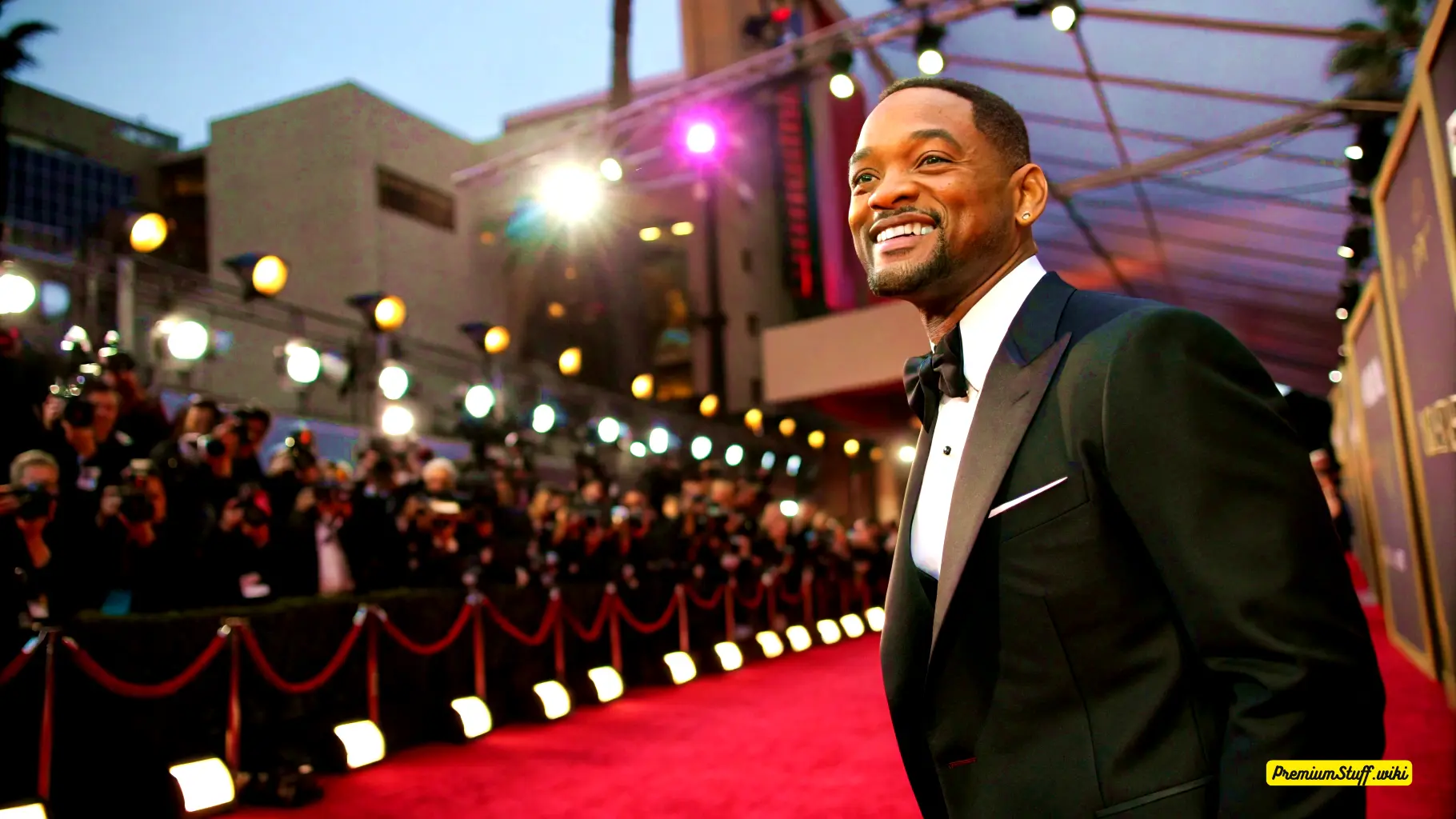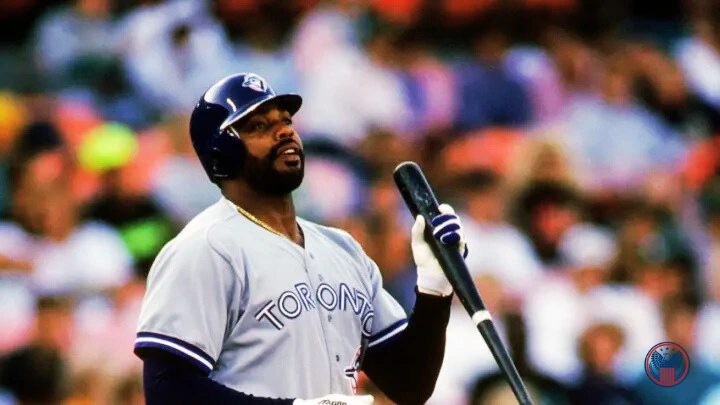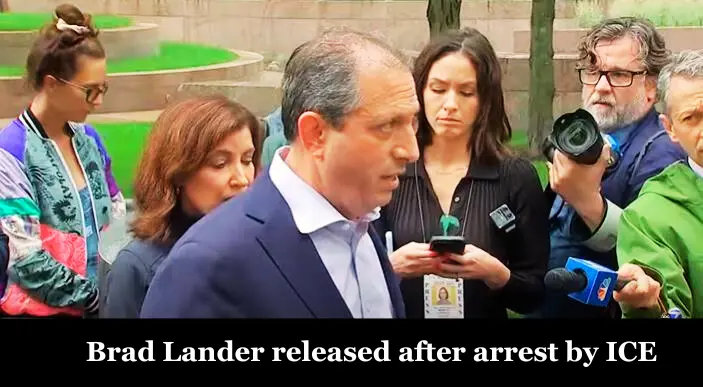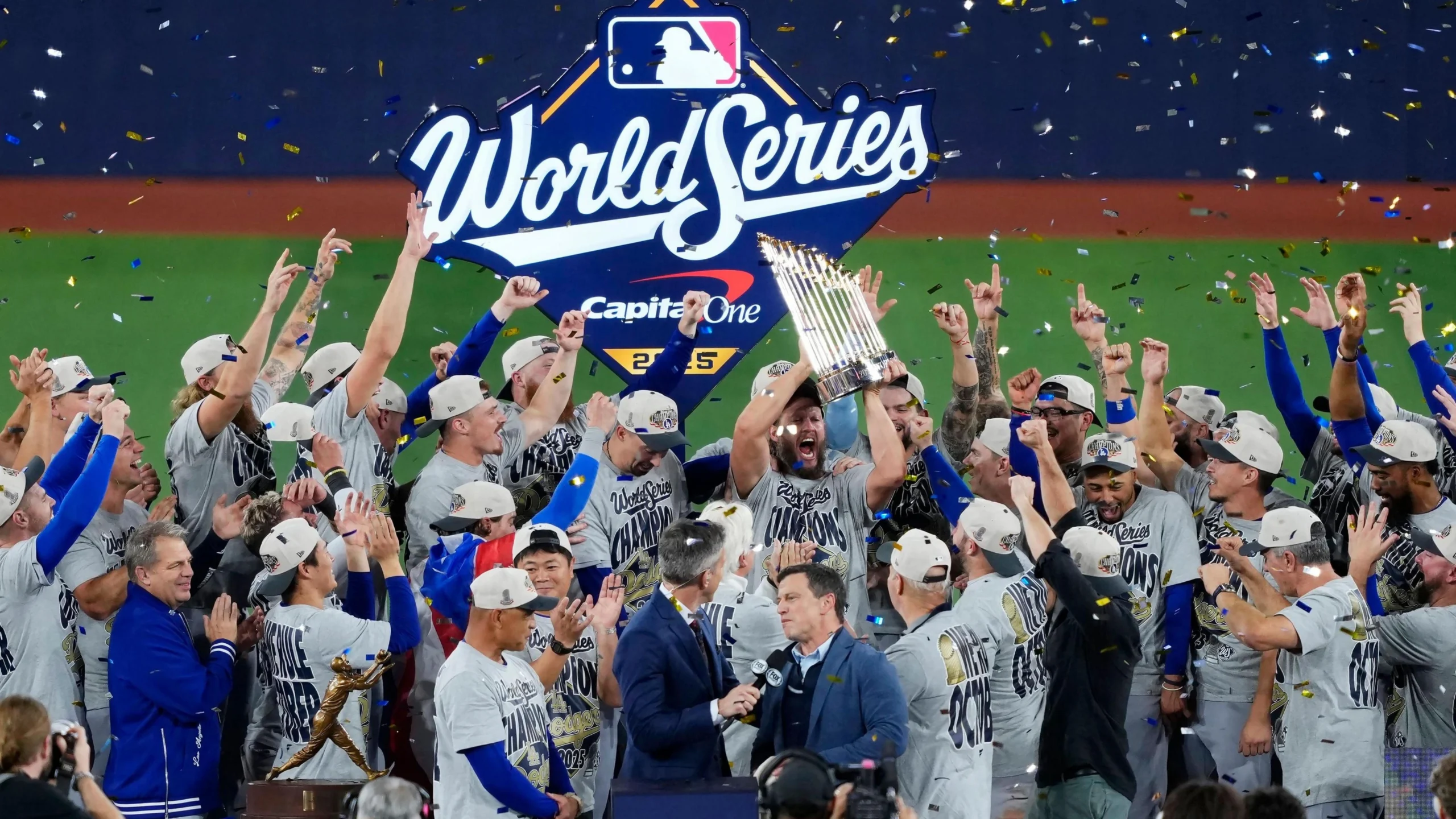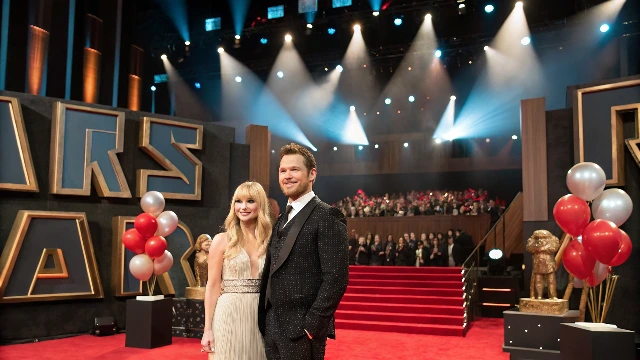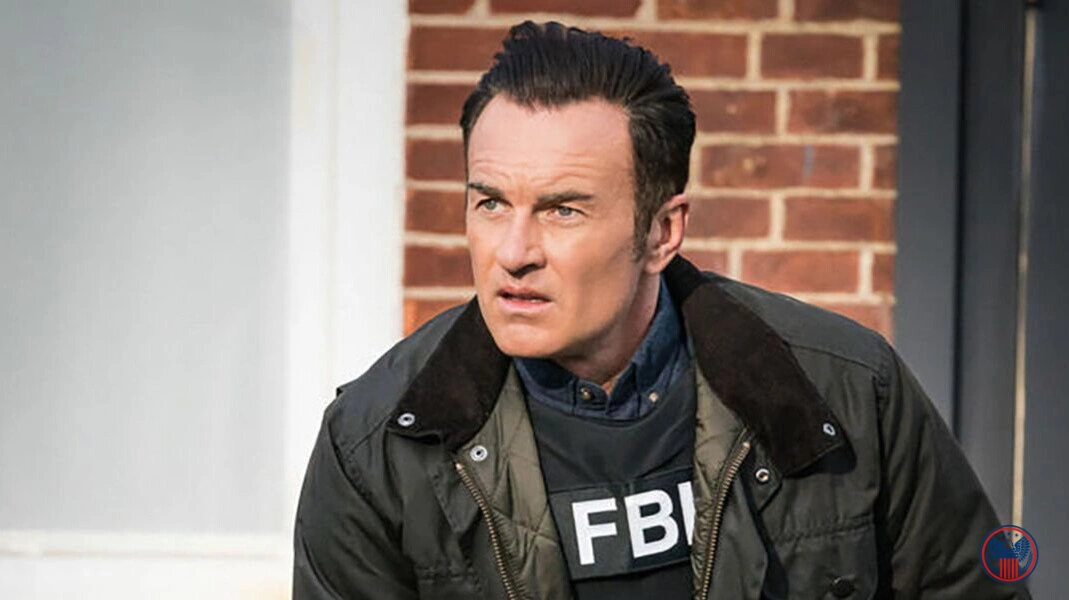Jason Isaacs Denounces Mel Gibson: “Unconscionable and Unforgivable”
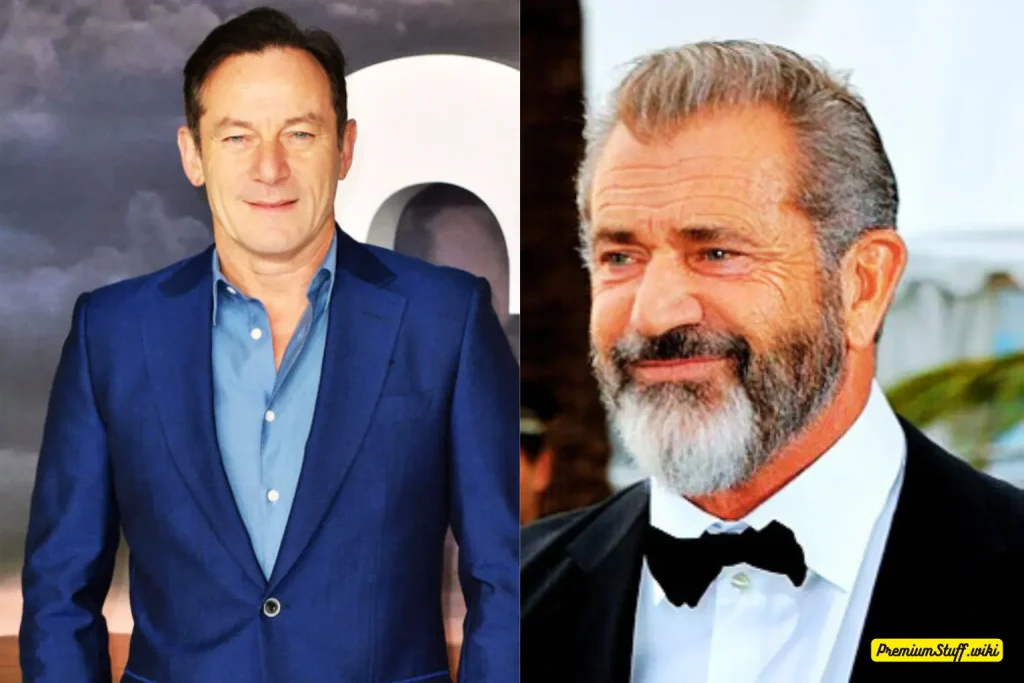
LOS ANGELES — The humid air hung thick between them on that Sydney cricket pitch years ago, two actors separated by a chasm of pain and history. When Mel Gibson called out “Jace!” across the field, Jason Isaacs responded with ice in his voice, “Rabbi Gibson, how are we?” The loaded greeting—a dagger wrapped in civility—captured a betrayal that still simmers nearly two decades after Gibson’s antisemitic tirade during a 2006 DUI arrest. In a searing new interview, the “White Lotus” star breaks years of public silence, branding his former The Patriot co-star’s actions “unconscionable and unforgivable” despite Hollywood’s selective amnesia.
The Moment Forgiveness Failed
Gibson approached Isaacs that day, shoulders slumped, blaming drunkenness and despair: “I was trying to get [the officer] to hit me… I’m having a terrible time.” For a heartbeat, Isaacs—Jewish and fiercely protective of his heritage—felt sympathy. “He unloaded vulnerabilities, and I forgave him instantly,” Isaacs confesses to Vulture. That instinct shames him still. “It was eternal shame. Because that stuff lives in me… and it lives in my children.” The temporary truce didn’t last. Texts occasionally pass between them, but Isaacs clarifies: “He’s not my friend. Forgiveness? No.”
Wounds That Never Heal
Two ghosts haunt any reconciliation:
- The 2006 Nightmare: Gibson’s drunken rant to police that “Jews are responsible for all the wars in the world,” punctuated by misogynistic slurs at a female officer.
- The Passion Problem: Isaacs condemns Gibson’s The Passion of the Christ for inventing a “Jewish demon” not in biblical texts—fueling antisemitic tropes that “killed generations of my family.”
“You can’t forgive everything from everyone,” Isaacs states, though he adds with brutal honesty: “If he called saying ‘I’m on the street,’ I’d give him my couch. But that’s separate from moral absolution.”
Hollywood’s Uneasy Truce
While Gibson rebuilt his career with Hacksaw Ridge and recent roles, industry fractures persist:
- Robert Downey Jr. (who Gibson supported during addiction struggles) publicly forgave him: “He’s hugged me and kept me warm.”
- Winona Ryder alleges Gibson called her an “oven dodger”—a Holocaust reference—though he denies it.
- Trump’s 2025 Ambassadorship appointment for Gibson sparked outrage among Jewish groups.
An anonymous studio head captures the tension: “His talent’s undeniable. But greenlighting his projects feels like endorsing the poison.”
Why This Reckoning Matters Now
Isaacs’ candor arrives as Gibson prepares The Resurrection of the Christ, reigniting debates about religious representation. It also challenges Hollywood’s redemption narratives:
“We love comebacks, but antisemitism isn’t a ‘mistake’—it’s hate that echoes through history. Jason forces us to ask: Where’s the line?“
— Film historian Rebecca Keegan
For Isaacs, the calculus remains painfully unresolved. “I have no idea what to do with him,” he admits. One truth endures: in a town that trades second chances like currency, some wounds refuse closure. As Holocaust survivors’ grandchildren inherit ancestral trauma, Gibson’s “apology tour” rings hollow. And on that Sydney field years ago, a single sarcastic greeting—Rabbi Gibson—etched a boundary that still stands. coexistence without absolution, proximity without peace.

